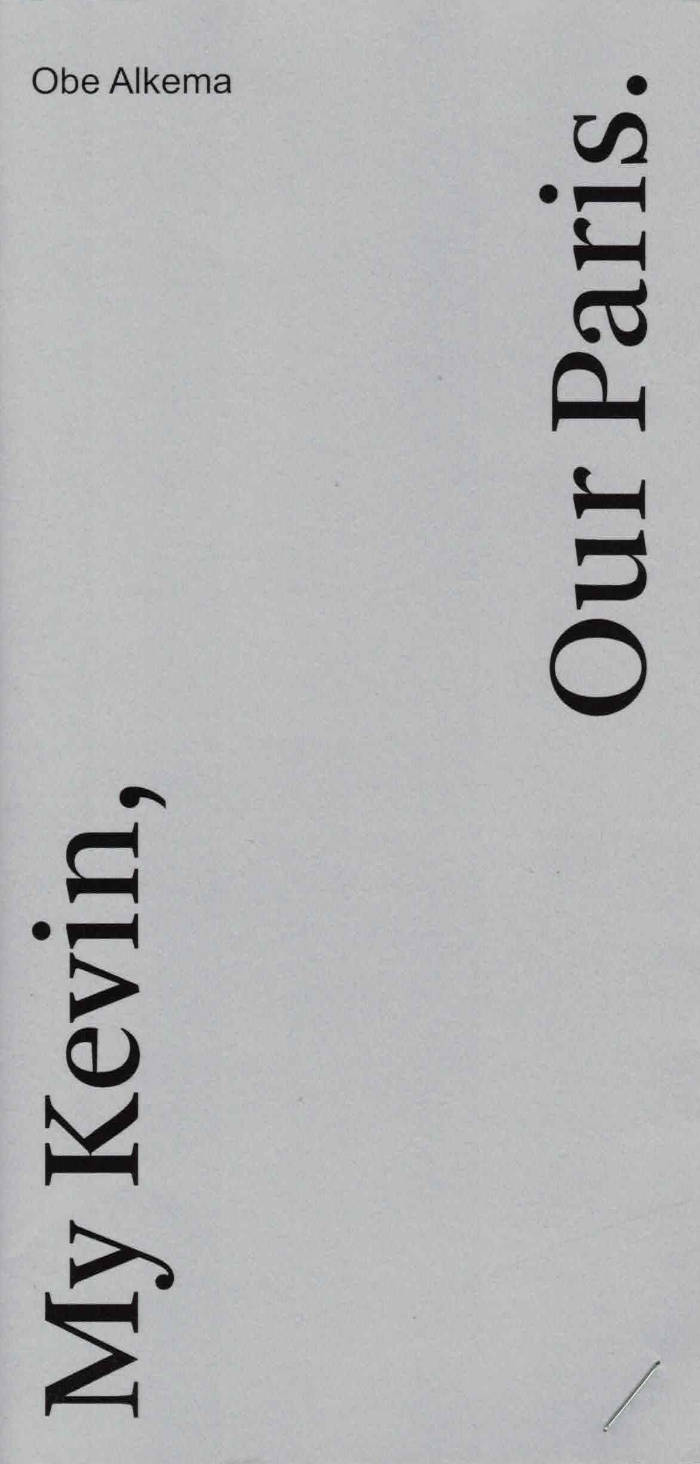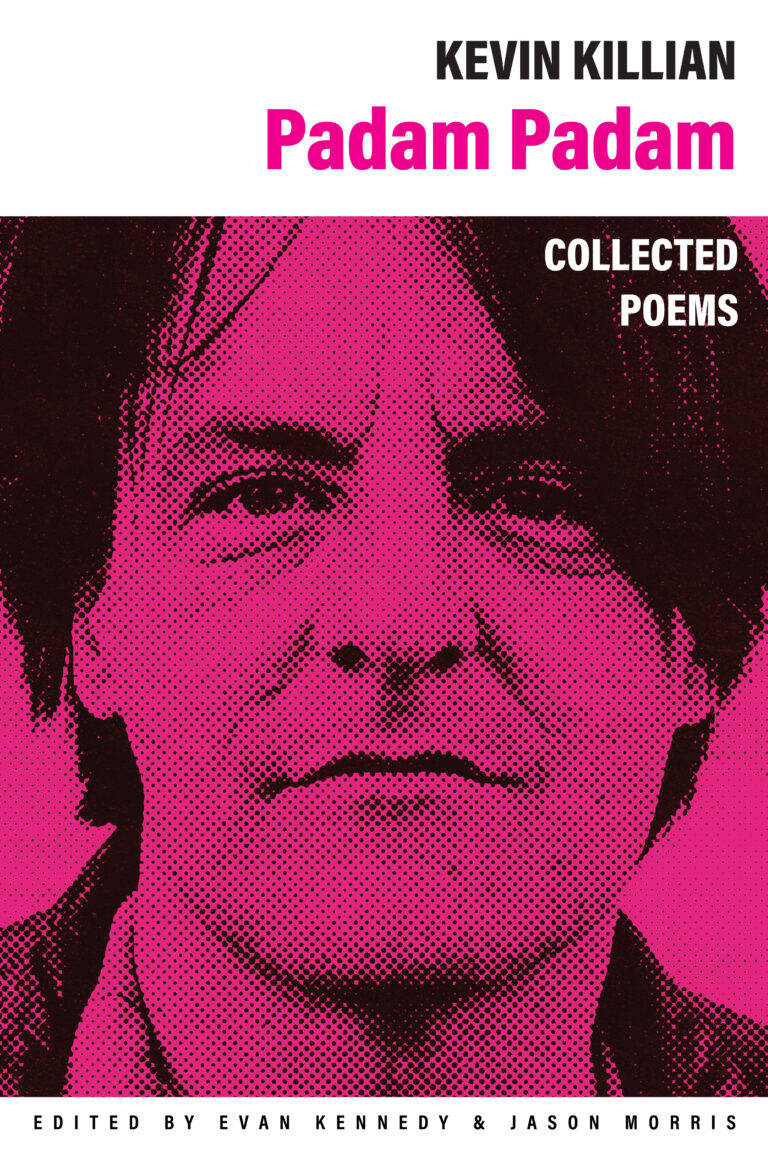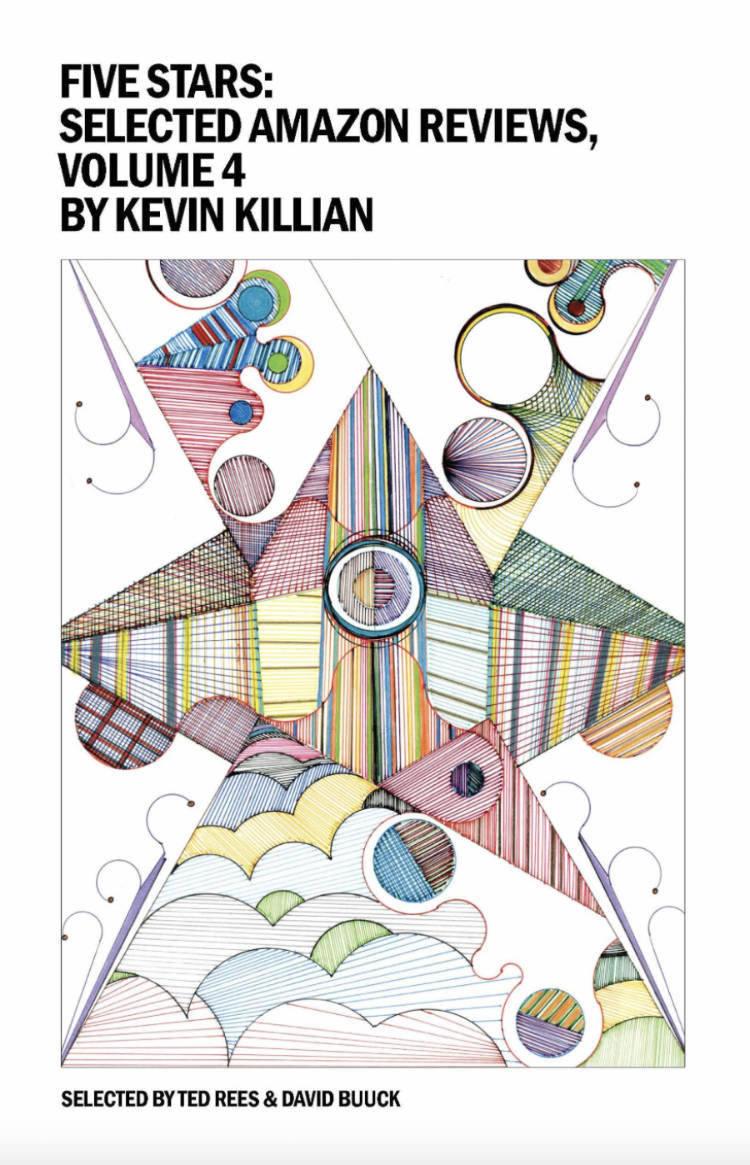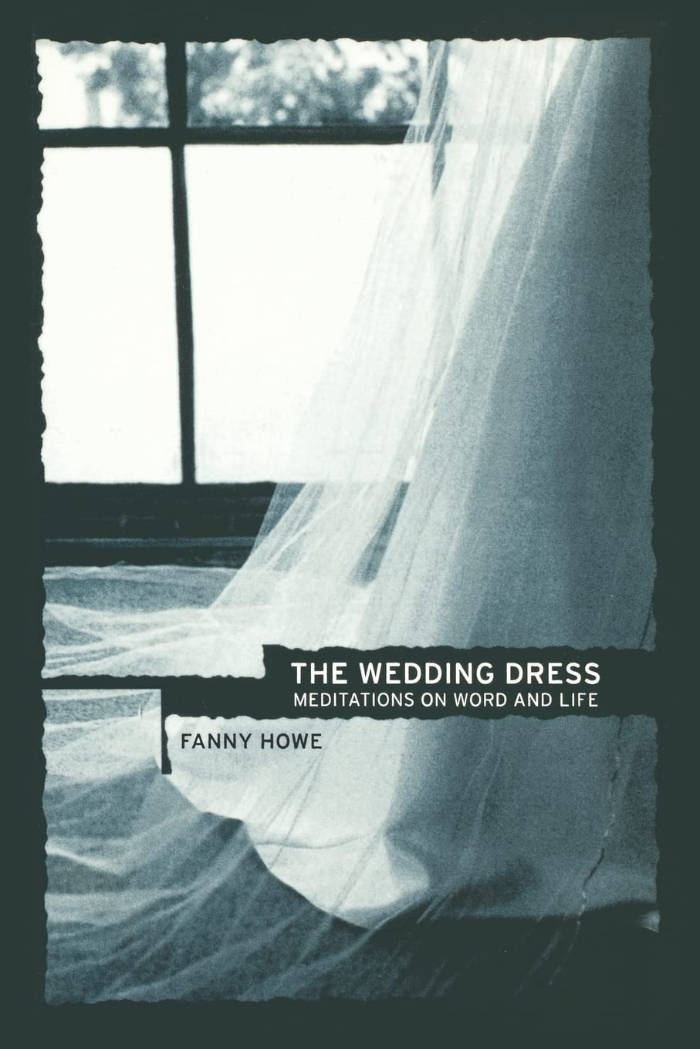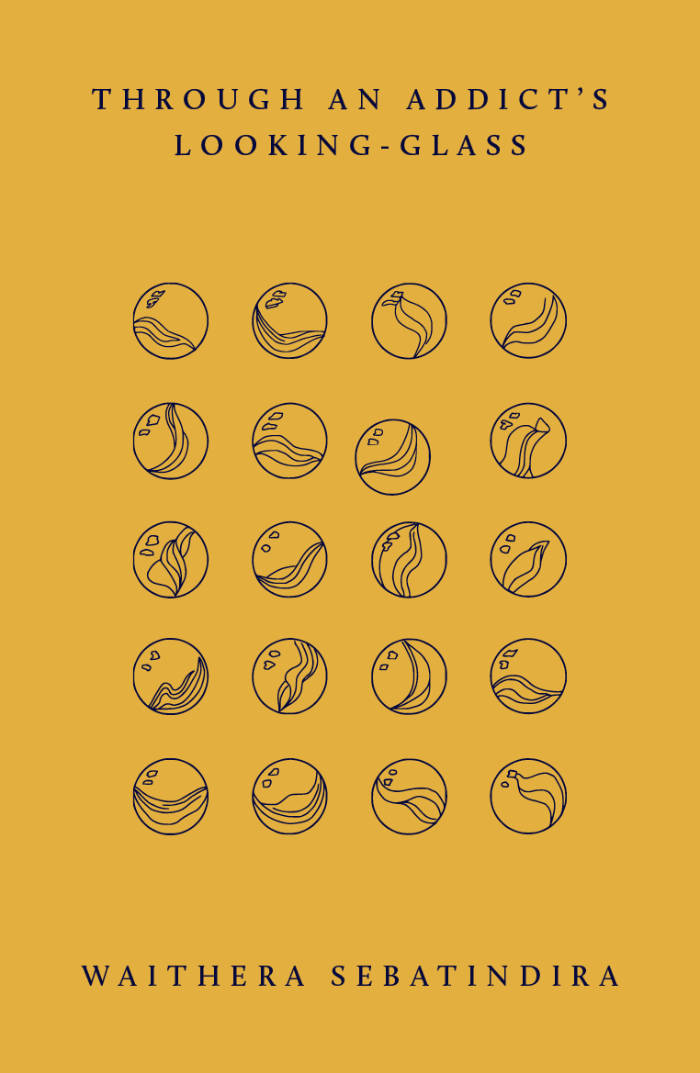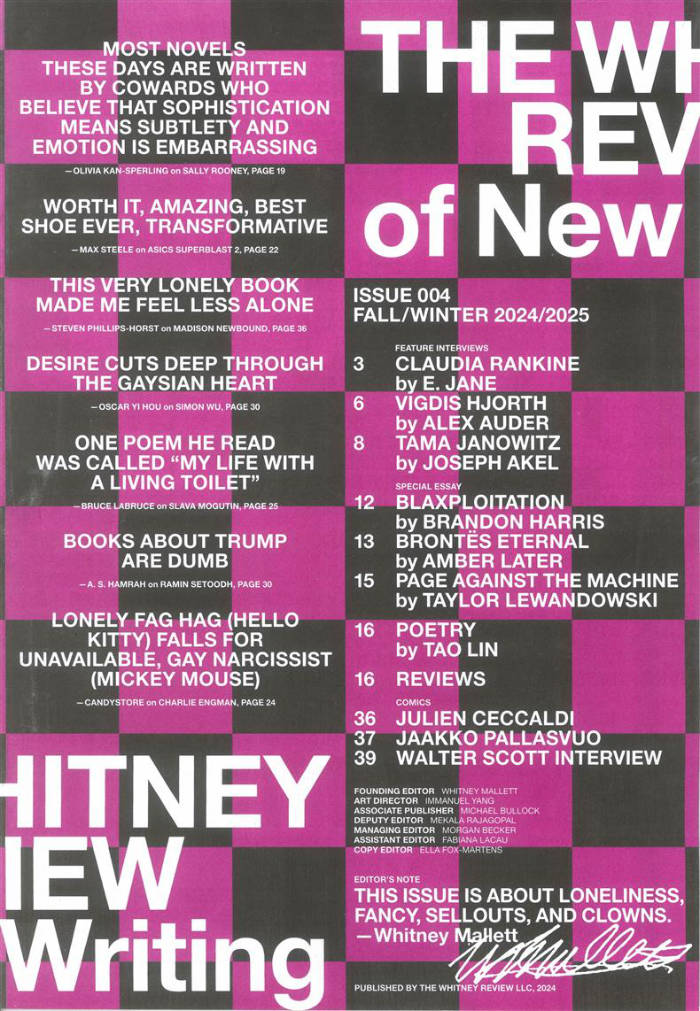
The Whitney Review Issue 4
Interviews with Claudia Rankine, Vigdis Hjorth, Tama Janowitz, and Walter K. Scott. Essays on Blaxploitation, the Brontë sisters, and Kevin Killian's Amazon reviews. Plus comics, poetry, and The Whitney Review's signature chorus of short-format reviews.
Contributors include A. S. Hamrah, E. Jane, Bruce LaBruce, Oscar yi Hou, Alex Auder, Olivia Kan-Sperling, Tao Lin, Amber Later, Brad Phillips, Brandon Harris, Nicolaia Rips, Julien Ceccaldi, Linda Simpson, Michael Bullock, Jaakko Pallasvuo, Geoffrey Mak, Joseph Akel, Candystore, Taylor Lewandowski, Max Battle, and many more.
Abolish Rent, fag/hag, Dear Dickhead, Tweakerworld, and Napalm in the Heart are among the books reviewed. Steven Phillips-Horst skewers c* ns* r*d instagram captions. Max Steele asks can masochism be gentrified? Published biannually, The Whitney Review of New Writing is a bold expansion of literary criticism. The fourth issue is about clowns, sell-outs, loneliness, and fancy.
